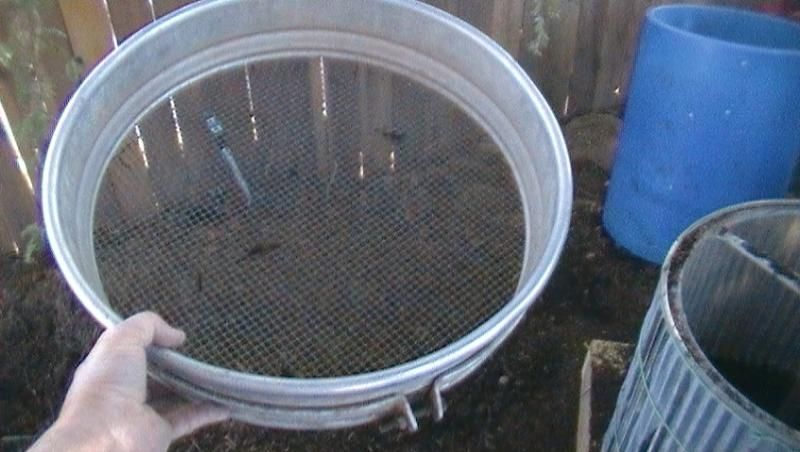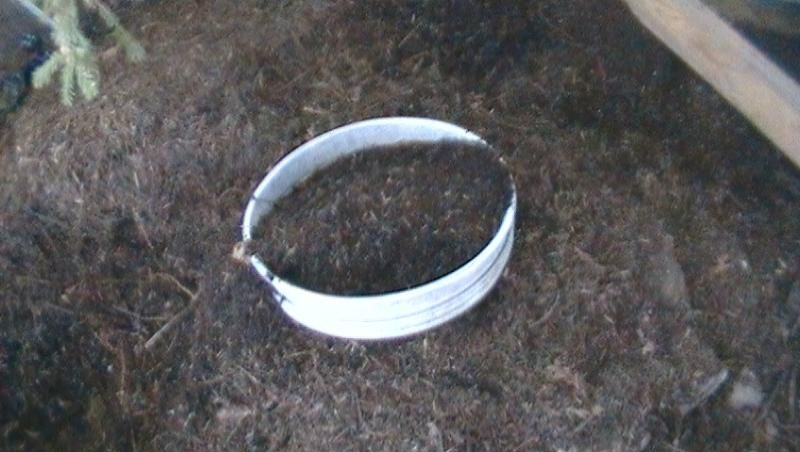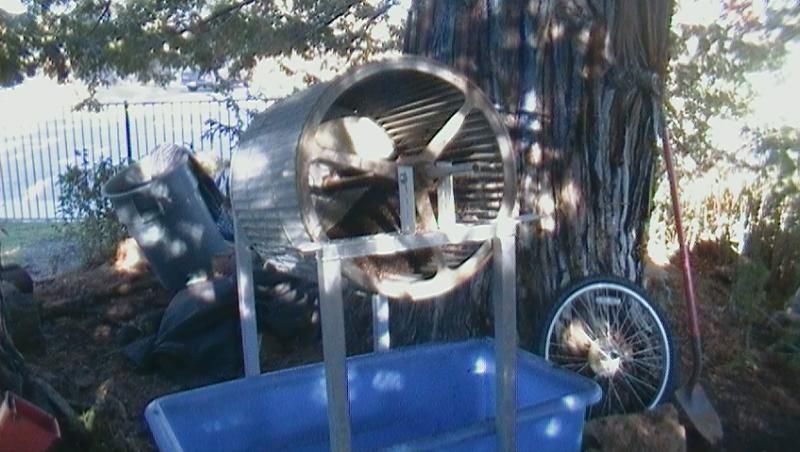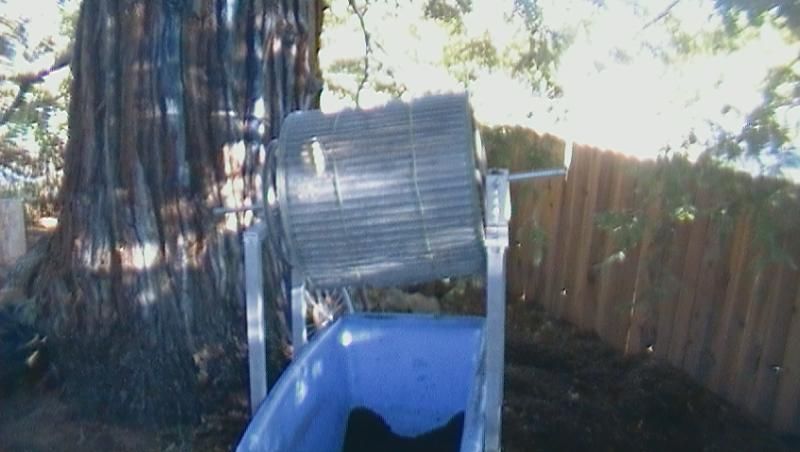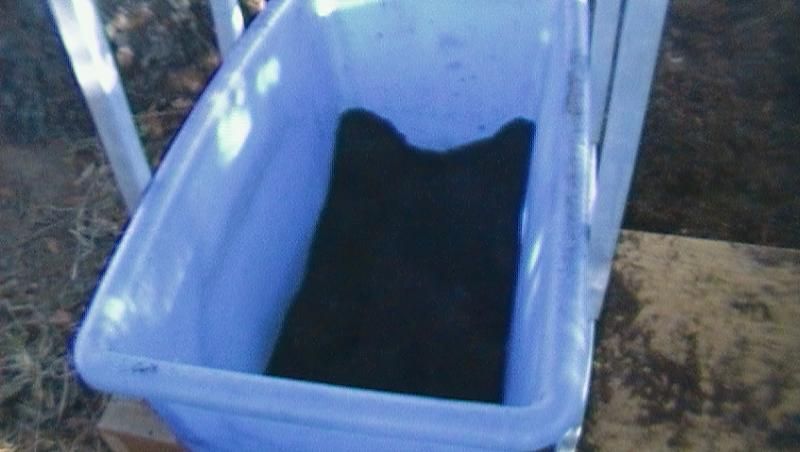I have a coarse section, 1/2" hardware cloth, for every day use and the fine section, double layered 1/2", for seed starting.
I've read that working with wet organic matter tends to damage the humus. True? I don't know, but if I'm going to work that long on compost, I'll let it dry first.
